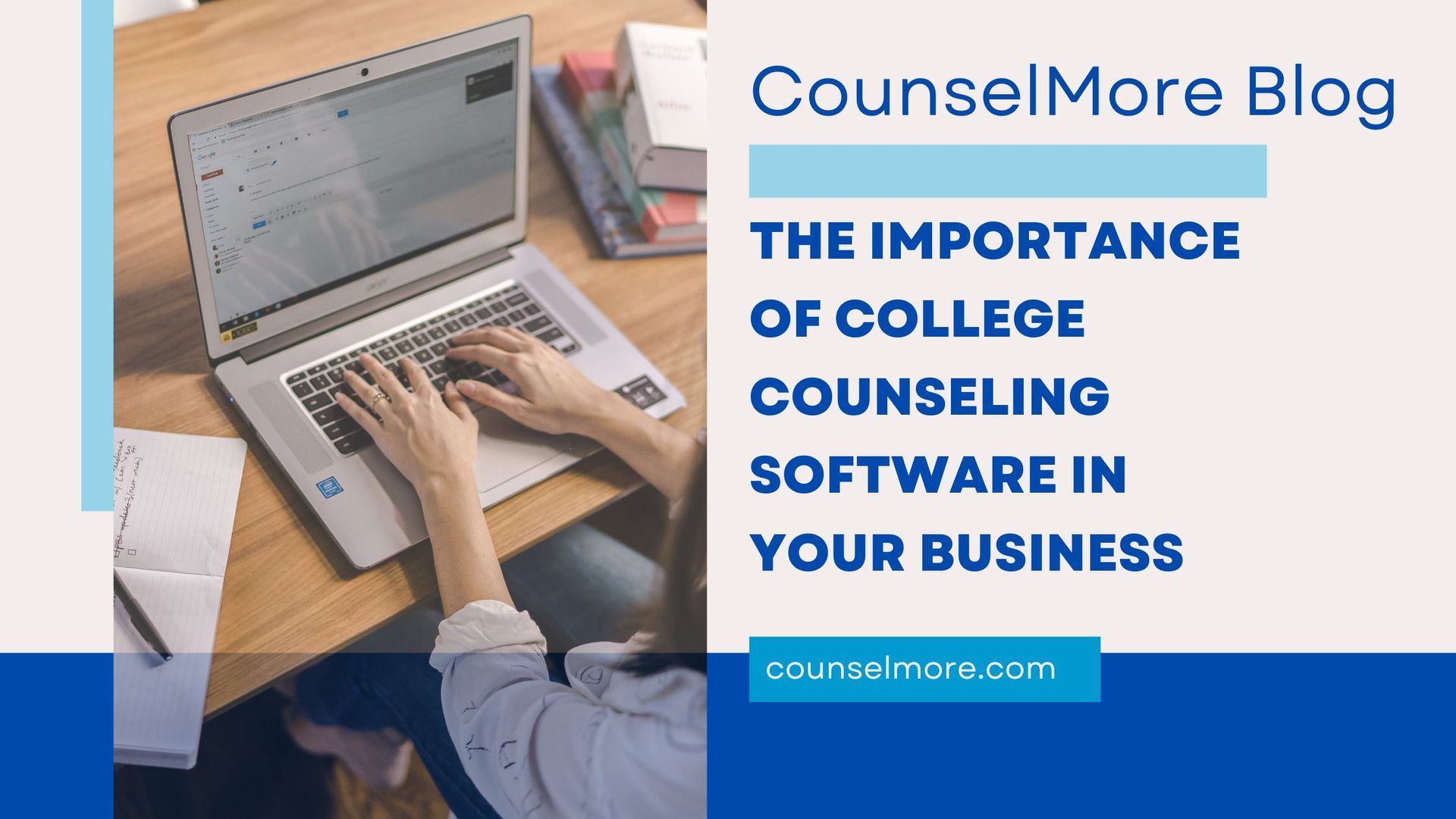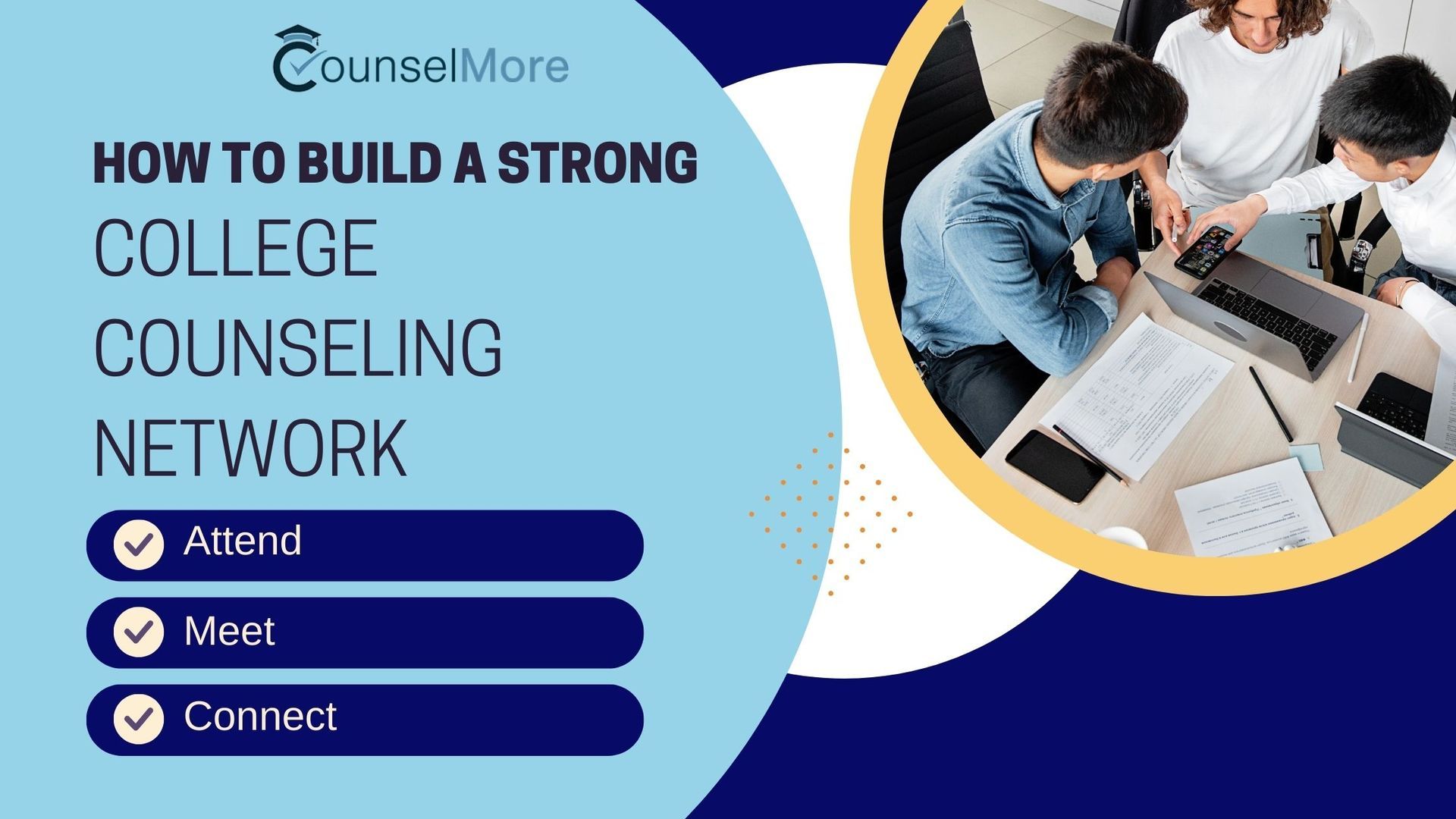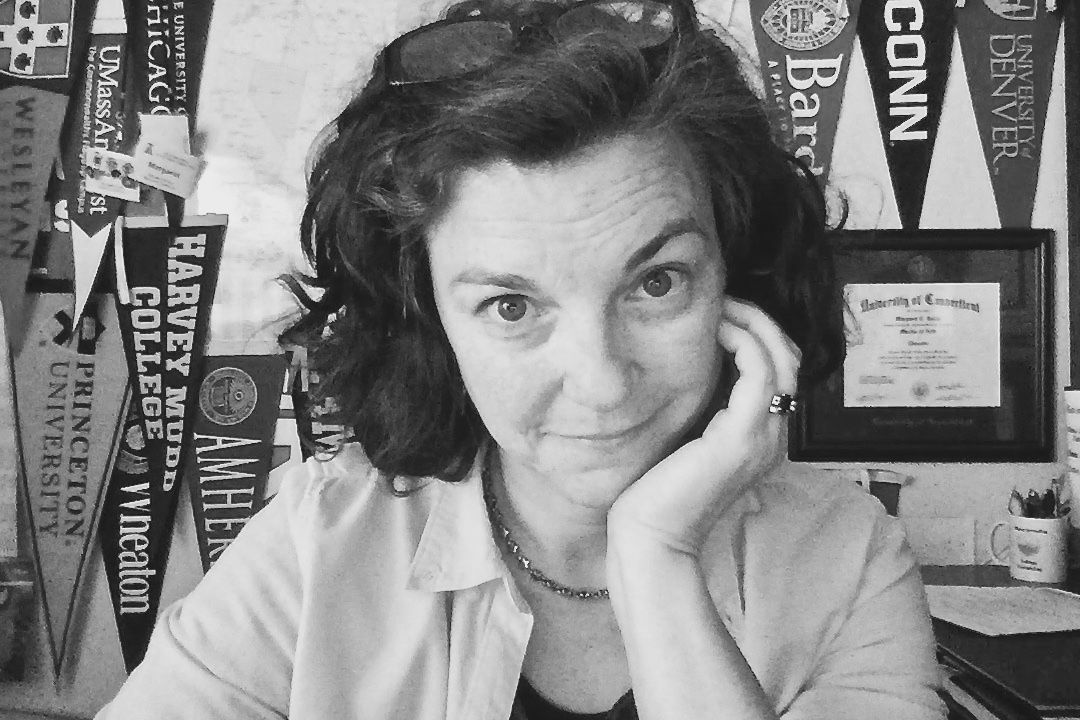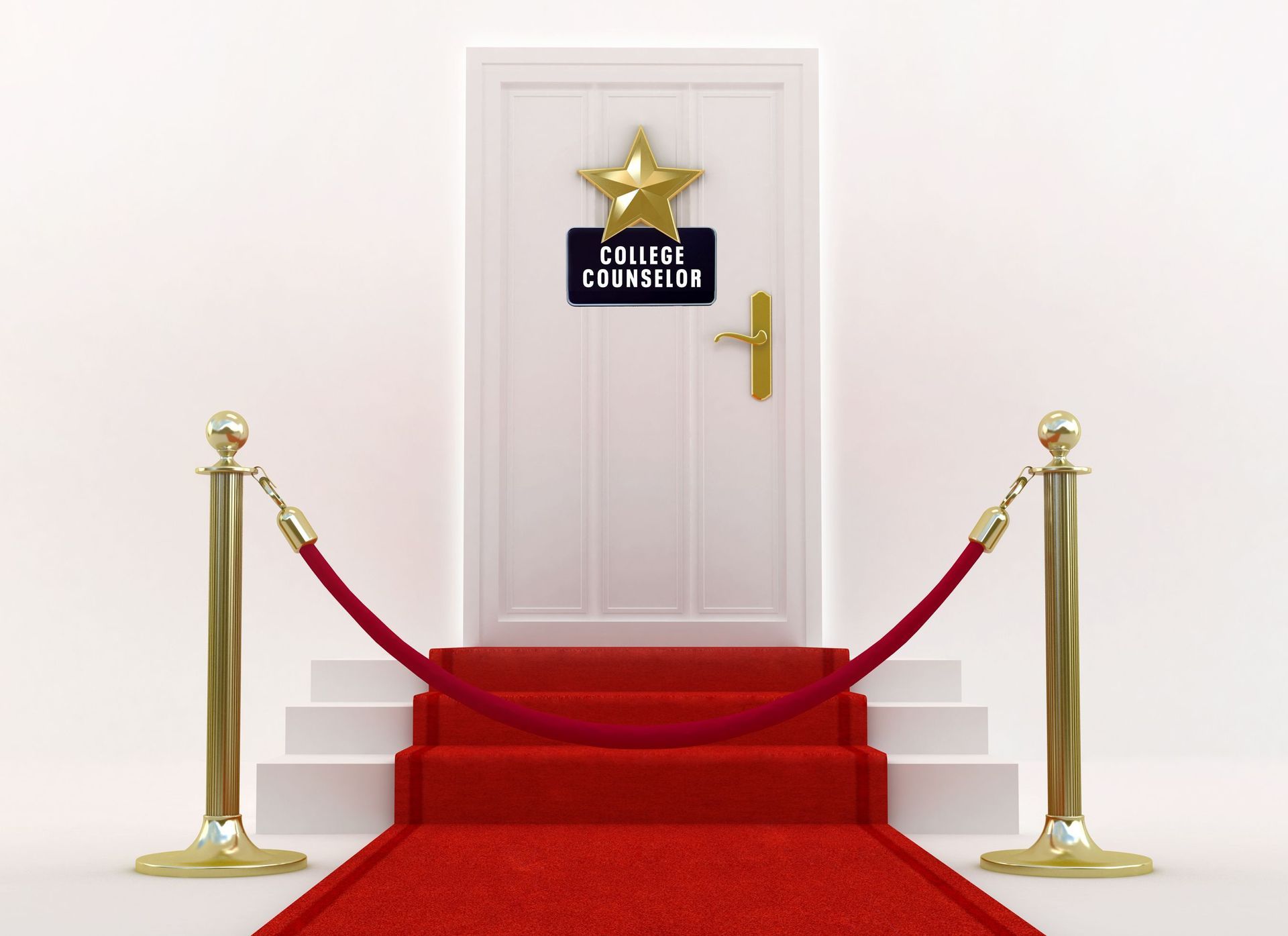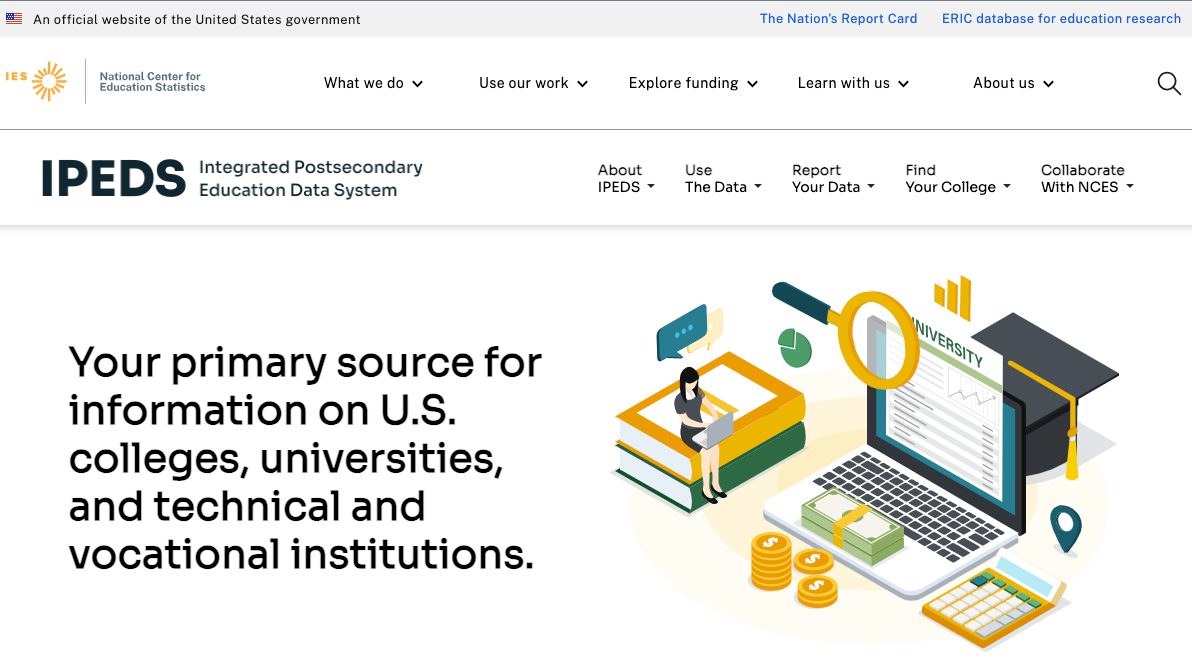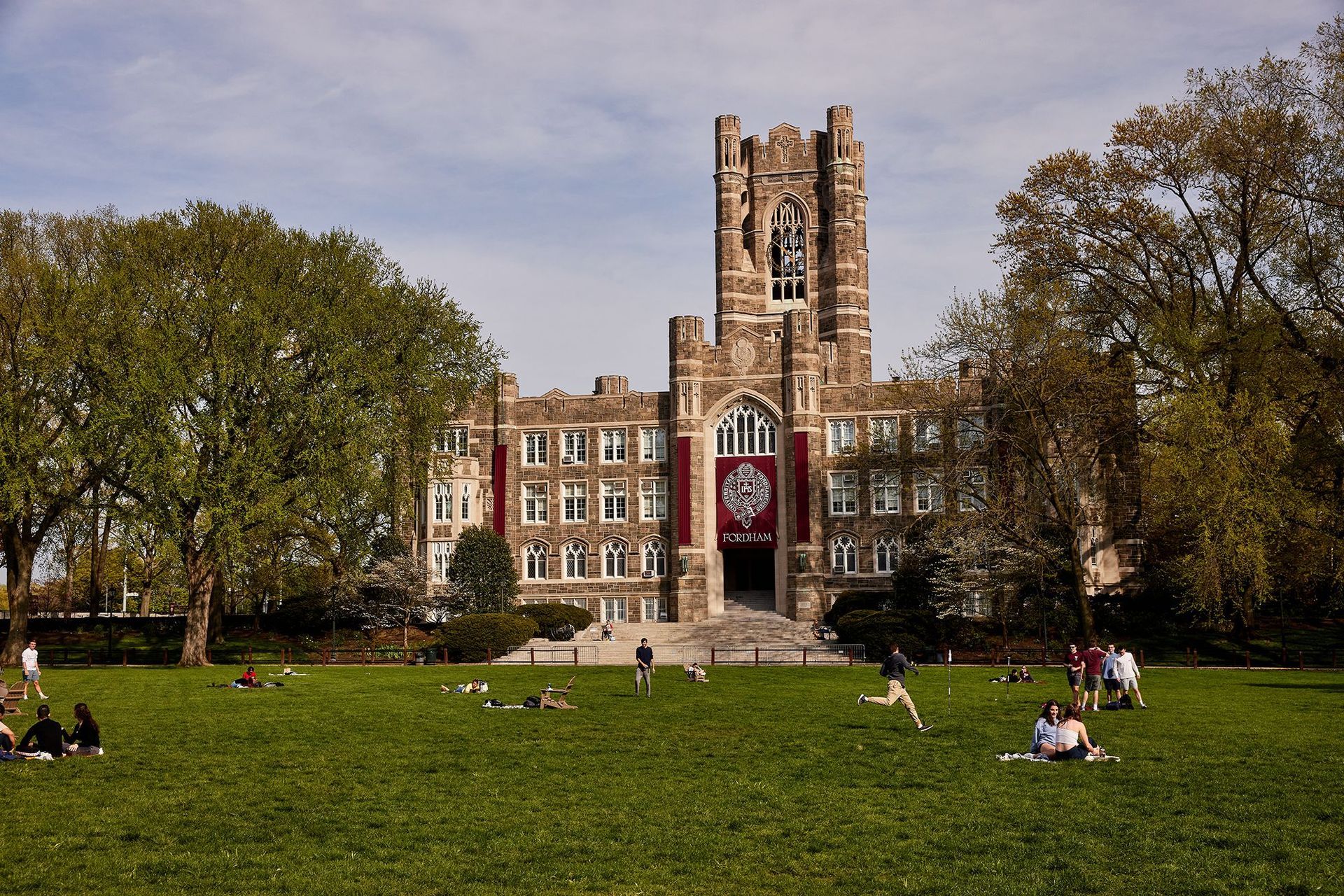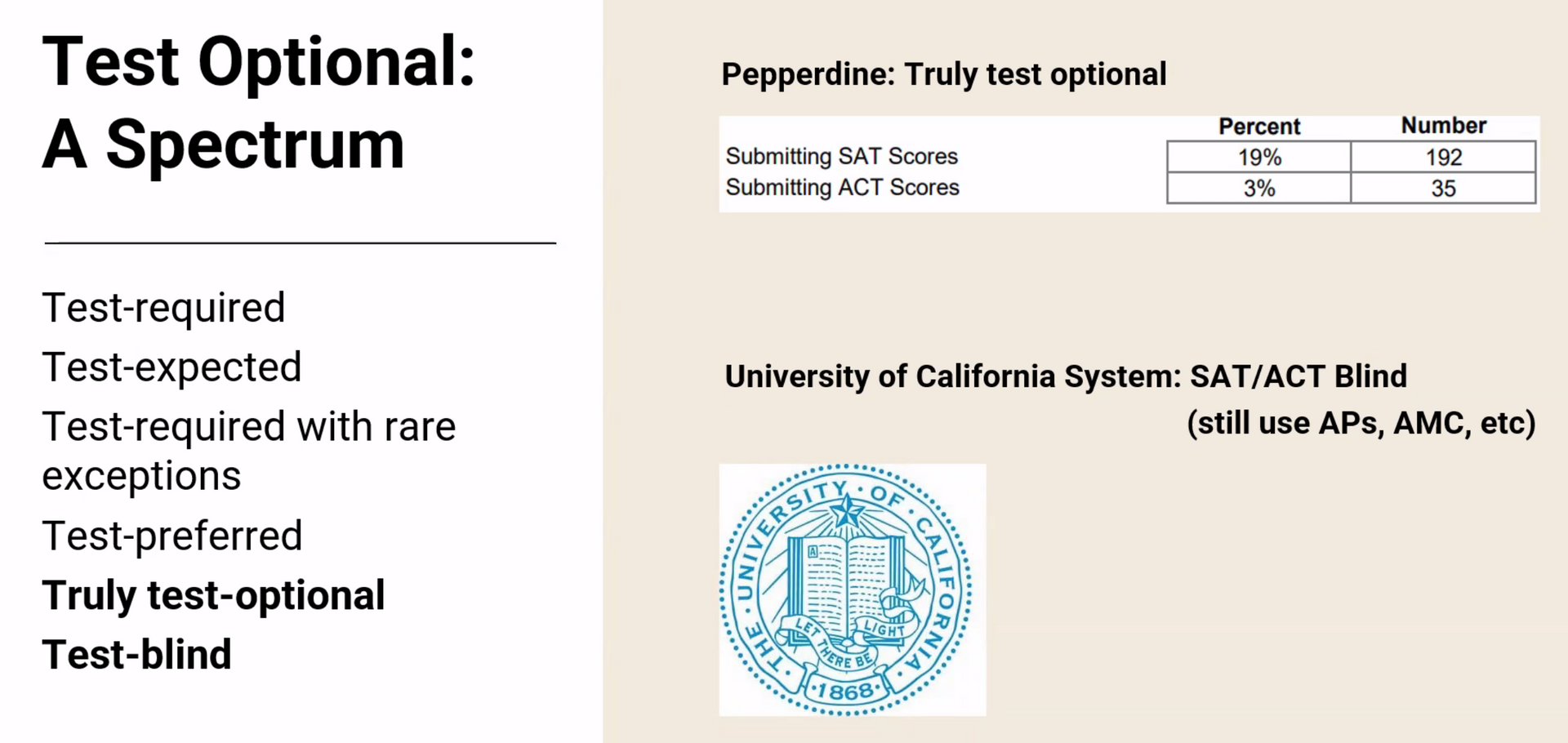High School College Counselors in Transition to Private Practice

High School College Counselors in Transition to Private Practice: Navigating the Path as an Educational Consultant
As an experienced college counselor, you're deeply familiar with the pivotal role you play in guiding students through the often overwhelming process of transitioning from high school to higher education. In today's rapidly evolving educational landscape, the demand for personalized guidance in college planning has surged, leading to a significant rise in the popularity of independent educational consultants (IECs). This shift represents a unique opportunity for high school counselors to explore a rewarding career transition into private college counseling services.
Understanding the Role of IECs
IECs, distinct from traditional high school-based college and career advisors, offer a specialized form of college counseling. According to the National Association for College Admissions Counseling (NACAC), a small percentage of their membership comprises IECs, emphasizing the growing need for these professionals in the industry. IECs dedicate themselves to providing comprehensive educational services, including college selection, application strategies, and essay coaching, to students and families navigating the complex landscape of higher education.
The Evolving Needs of Students and Families
The changing dynamics of college admissions have led to an increased need for tailored educational consulting. Families are actively seeking independent educational consultants who can offer expert insights into college readiness, helping students to find their best fit in terms of academic and cultural environments. This shift has made services like college planning and admissions advising more critical than ever.
High School Counselors vs. IECs
While high school counselors are instrumental in initial college readiness efforts, their
capacity to offer in-depth, individualized college counseling is often limited due to constraints such as understaffing and broad academic responsibilities. In contrast, IECs can dedicate more time and resources to each student, providing a level of service that goes beyond the typical scope of high school-based college counseling.
Addressing the Challenges for High School Counselors
Many high school counselors face the challenge of balancing their workload with the need to provide effective college counseling. Resources like the Higher Education Consultants Association (HECA) and the Independent Educational Consultants Association (IECA) offer invaluable support to these professionals, helping them navigate the complexities of the college admissions process and stay informed about the latest trends and best practices in the field.
The Advantages of Transitioning to Private Practice
Transitioning from a high school setting to private practice as an IEC offers numerous benefits. This career move can lead to greater autonomy, the potential for increased income, and the opportunity to engage more deeply in the areas of college counseling that most resonate with counselors, such as essay coaching or college selection strategy.
Leveraging Insights from NACAC, HECA, and IECA
Professional associations like NACAC,
HECA, and
IECA avenues for counselors looking to meet other practitioners making this transition. These organizations provide access to a wealth of information, including up-to-date college admissions data, which is invaluable for anyone in the field of educational consulting. By leveraging these resources, counselors can enhance their expertise and stay ahead in the competitive landscape of college admissions advising.
Success Stories in the Transition
The journey from high school counseling to private practice is filled with inspiring success stories. Many counselors have found that embracing the role of an independent college counselor not only revitalizes their passion for educational consulting but also allows them to make a more significant impact on their students' educational trajectories.
Practical Steps for Making the Transition
For those considering a move to independent practice, practical steps include obtaining relevant certifications, engaging with professional networks through associations like NACAC, and building a solid client base. This approach helps establish a foundation for a successful career in educational consulting.
Emphasizing Collaboration and Ethical Practices
Collaboration between high school counselors and IECs can create synergistic benefits, enhancing the college planning process for students. Upholding ethical standards and professional integrity is crucial in this partnership, ensuring that the best interests of students are always at the forefront.
Conclusion: Expanding Impact through Transition
For high school counselors contemplating a transition to private practice, this career path offers an enriching opportunity to expand their impact in the field of college counseling. By joining forces with organizations like NACAC, HECA, and IECA, counselors can access the support and resources necessary to excel as independent educational consultants. Embracing this role enables counselors to provide more personalized and effective college planning and admissions advising, ultimately helping students to navigate their educational journeys with greater confidence and success.
As the landscape of higher education continues to evolve, the role of independent educational consultants becomes increasingly critical. For high school counselors, transitioning to this role not only offers personal and professional growth but also the chance to guide students more effectively through the complex world of college admissions. By staying informed, collaborating with peers, and focusing on ethical practices, counselors can make a profound difference in the lives of their students, shaping the future of educational planning and college counseling.
Written by:
Margaret Rothe, Campus Life & Student Affairs Professional, MA Higher Education, Student Affairs, owner of HigherGrounding, a college consulting agency



